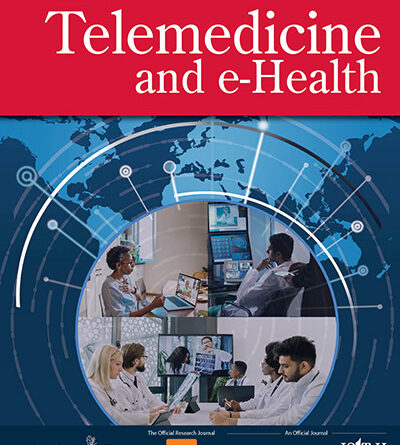Evaluating the Impact of Teleconsultations on Access to Ambulatory Primary Care in Medically Underserved Areas: A National Observational Cross-Sectional Multicenter Study
Introduction:Access to care is a major public health concern particularly in medically underserved areas (MUAs) (Zones d’Interventions Prioritaires). Teleconsultations were legalized in France in 2010, however, have been reimbursed by the national health insurance since 2018. Large-scale studies assessing the impact of teleconsultations on access to care are limited. The objective of this study was to evaluate the impact of teleconsultations in MUAs at a national scale.
Methods:An observational, multicenter cross-sectional study was conducted in seven teleconsultation centers. Teleconsultations were included if they were with patients living in France and received ambulatory care at primary ambulatory care settings by registered medical doctors between August 1 and November 30, 2021. Each center provided a randomized sample of 3,000 case data per month, yielding a total of 84,000 patients. Teleconsultation incidence was measured in MUAs and non-MUAs as the primary outcome.
Results:In total, 25.1% of French patients lived in MUAs, with a mean age of 30.1 ± 0.08 years. Incidence of teleconsultations was 1,964 per 100,000 compared with 787 per 100,000 in non-MUAs (p < 0.0001). Teleconsultations were mostly performed during the day (88.6%), on weekdays (90.6%), were booked (88.3%), involved a general practitioner (GP) (89.0%), and were carried out as a video consultation (96.5%). The median delay to access was 60 min for GPs.
Discussion:This was the largest study of teleconsultations in France and the first in the world to pool data from competing telemedicine companies. The incidence of teleconsultations was higher in MUAs, which may show that teleconsultations improve access to care.
Clinical Trial Registration number: NCT05311241.


